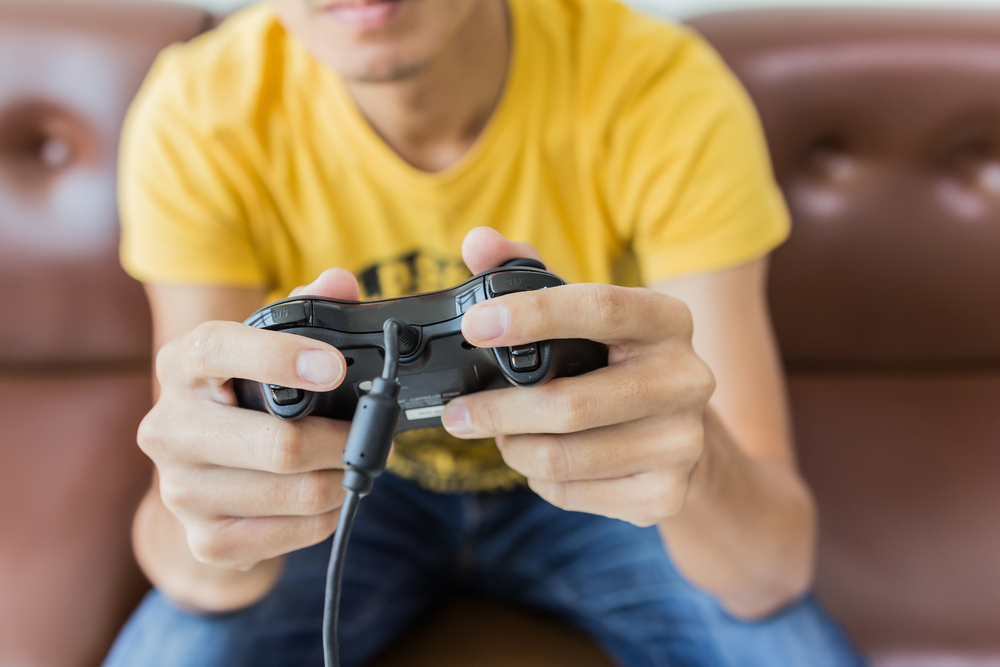
Negative Effects of Video Games on the Brain: Exploring the Impact and Risks ,This article was originally published on May 20, 2015, but has been updated with current information.
Video games are a favored target for various kinds of arm-twisting, for things as diverse as obesity, ADHD, and violence. In many cases, the evidence is scant. But in others the evidence is a little more solid.
Read more: Exploring the complex influence of video games on young minds
In 2015, small study found that people who regularly play action games may experience brain changes associated with certain types of neurological and psychiatric disorders. And since then, this relationship has been closely monitored, suggesting that gamers may be putting their minds at risk.
Navigation and memory
For the 2015 study, Gregory West, a professor of psychology at the University of Montreal, and a team of researchers gathered a randomized group of 59 young adults and divided them into two groups based on their gaming habits. One group (26 people) was made up of people who regularly played at least six hours a week of action video games (such as Call of Duty, Grand Theft Auto and Tomb Raider), while a second group was made up of those who did not.
Both groups of volunteers were then asked to navigate a virtual reality maze. For the first few runs, the maze contained landmarks such as trees, rocks, and some mountains. But then the landmarks disappeared, meaning volunteers had to navigate the maze from memory.
Overall, gamers and non-gamers were equally adept at navigating the maze, but reported using different strategies. Eighty percent of video game players used a response strategy, meaning using sequences of moves, rather than environmental cues, to navigate. On the other hand, only 42 percent of non-gamers relied on the same kind of memorized sequences of moves.
Upheavals
This difference may have implications for gamers’ brains. People who exhibit response learning strategies tend to have a larger and more active striatum — the part of the brain that links simple stimulus-response-reward sequences together — and smaller and less active hippocampuswhich forms fuller, episodic memories that link past experiences to their context in terms of time, place, or evoked emotion.
Read more: Video game addiction is on the rise. Here’s what it looks like
Playing video games may build players’ striatum at the expense of their hippocampus. And this has implications for overall brain health, as a shrunken hippocampus is linked to risk of neurological disorders such as Alzheimer’s and schizophrenia, researchers report in Proceedings of the Royal Society B.
“Adults use response strategy more and more, so in that sense video game players look like old adults,” West said The Guardian.
Changes in the brain
Daphne Bavelier, a professor of cognitive neuroscience at the University of Geneva who specializes in video game research, says the chain of reasoning in the research is not so clear. “There is no evidence in the data they present of a causal relationship,” she says, “but rather quite a chain of inference from the behavioral results to the conclusions, not only of reduced hippocampal volume, but then of risk for development of neurological diseases.”
And the study didn’t directly measure the volume of the striatum or hippocampus in the volunteers’ brains. But since then, several studies have taken these measurements, finding indications of increased matter and activity in the striatum to the detriment of the hippocampus.
For example, in another small study by 2017, West and team scanned the brains of 33 individuals and found that those who played action games an average of 19 hours per week had smaller hippocampal volumes than those who did not. And a follow-up study by 2020 found that these gamers also had increased activity in their striatum and decreased activity in their hippocampus when these areas were in a task-neutral resting state.
Interestingly, this does not mean that all video games have negative effects on the hippocampus. Although action games are associated with reduced hippocampal volume, so is West’s work shown that puzzle and platform games such as Super Marioare associated with increased gray matter in the hippocampus.
Also, different gaming habits have different effects, according to West’s more recent research suggestive that reductions in hippocampal volume were predominantly seen in action players who used response strategies as opposed to spatial, relationship-based ones.
Ultimately, in response to the 2015 results, West adds, “I would say play action video games, if you enjoy them, in moderation — just be aware that there may be costs in addition to the previously known benefits when it comes to a question about your brain. “

